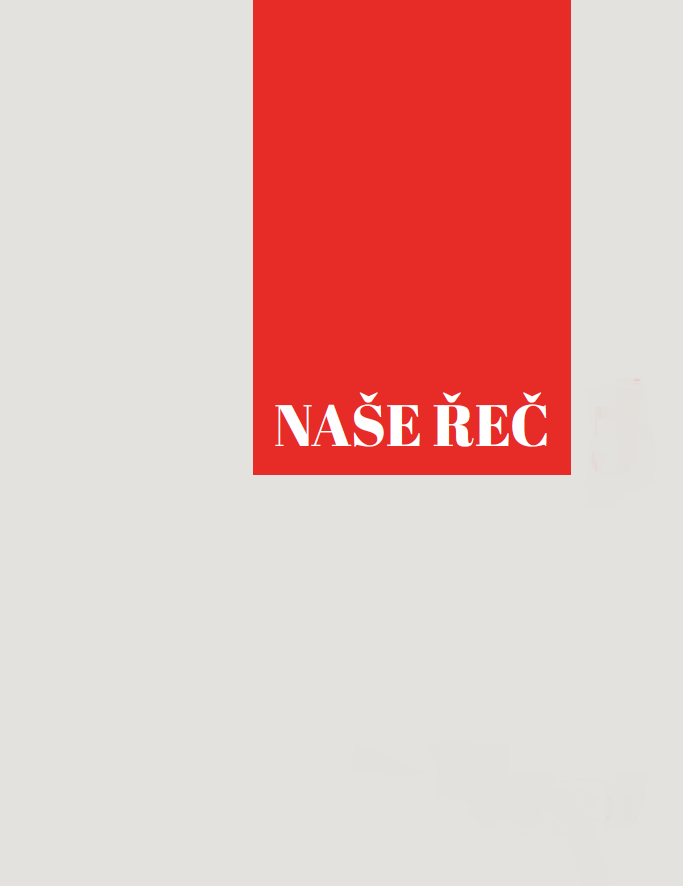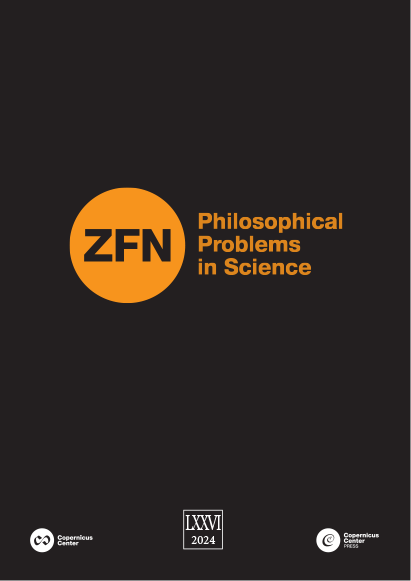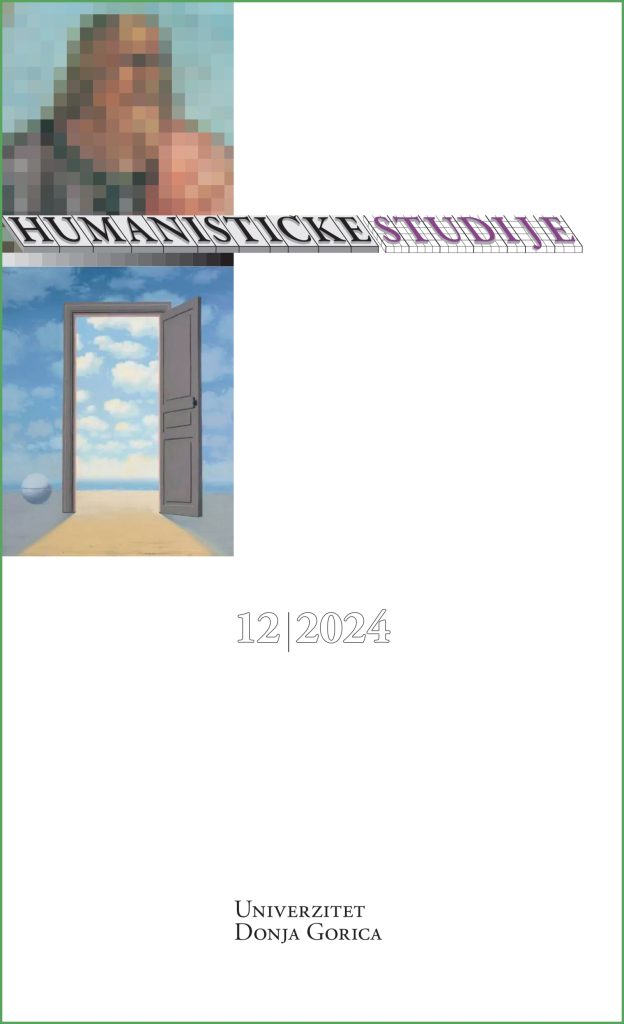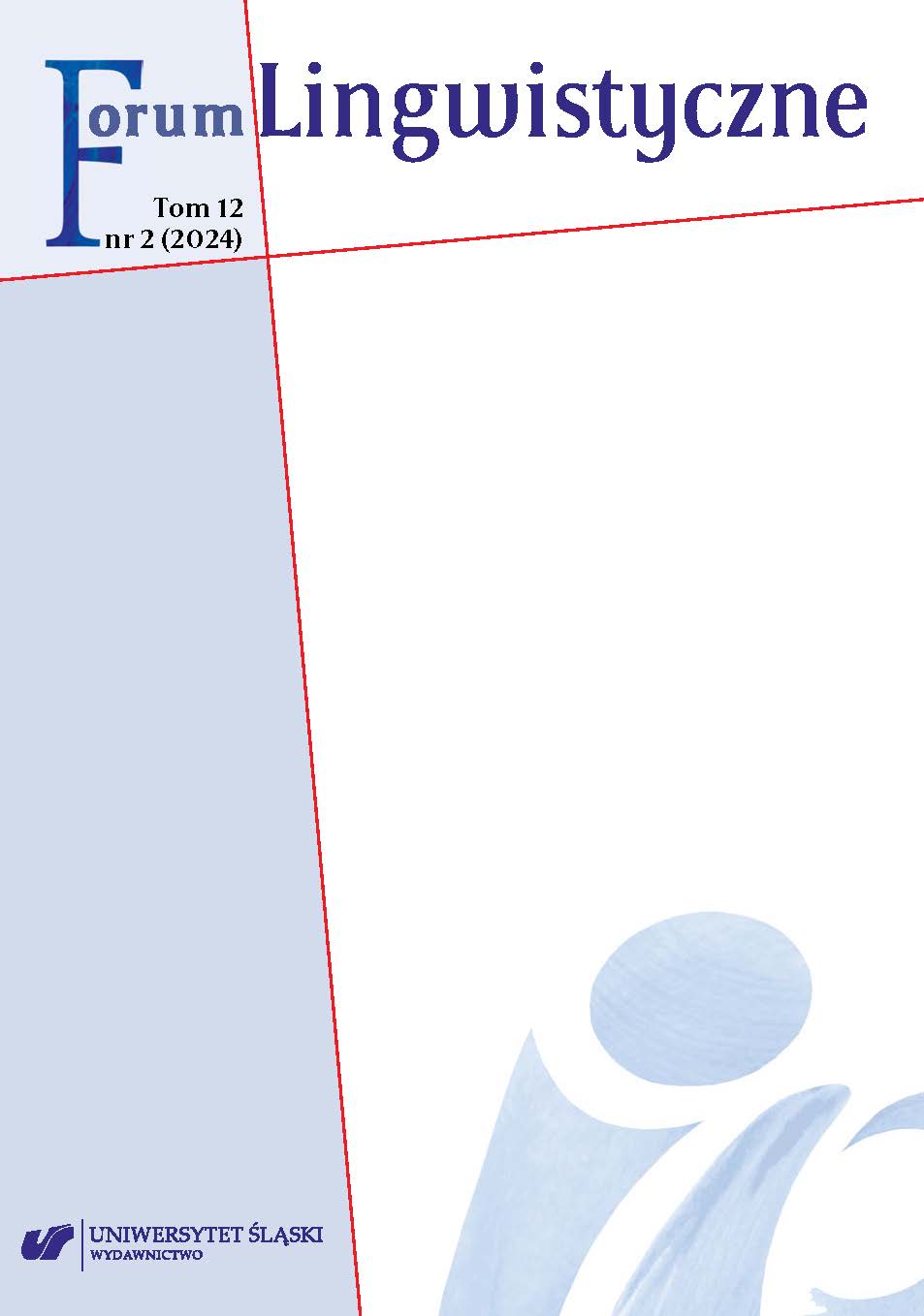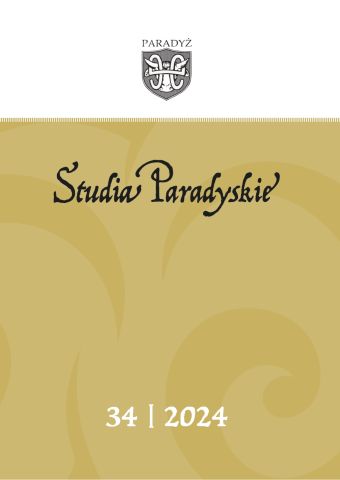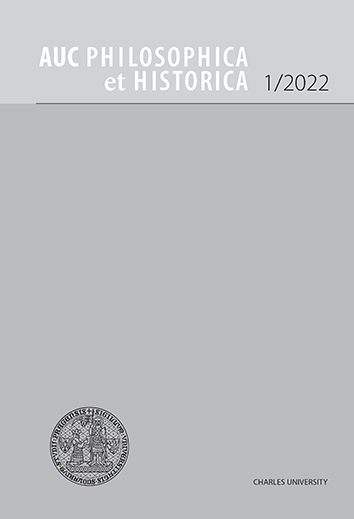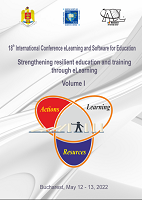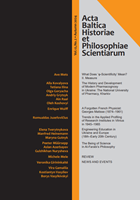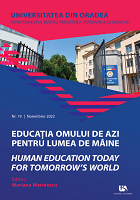
Spory o realismus, Hegel a jazyk(y) matematiky
Jedna z klíčových filosofických diskusí poslední čtvrtiny dvacátého století se týkala sporu mezi „metafyzickým realismem“ a „relativismem“ (Putnam, 1980, 1990, 1994; Lewis, 1984; Rorty, 1972, 1993). Je jazyk, jak tvrdí „realisté“, pouze prostředkem kopírování na nás zcela nezávislého světa, nebo se, jak mají za to „relativisté“, nějak podílí na utváření tohoto světa? Z hlediska ‘selského rozumu’ se to může zdát být jasné: svět přece jasně je na nás nezávislý a představovat si, že ho my, naším jazykem, můžeme nějak „utvářet“, se zdá být absurdní. Méně absurdní se ale tahle myšlenka stává, když si uvědomíme, že to, čemu říkáme svět, se skládá z kategorizovaných objektů s různými druhy vlastností a vztahů, a že to, jaké kategorie máme či co považujeme za vlastnost či vztah může být – do nějaké míry – věcí našeho jazyka.
More...

